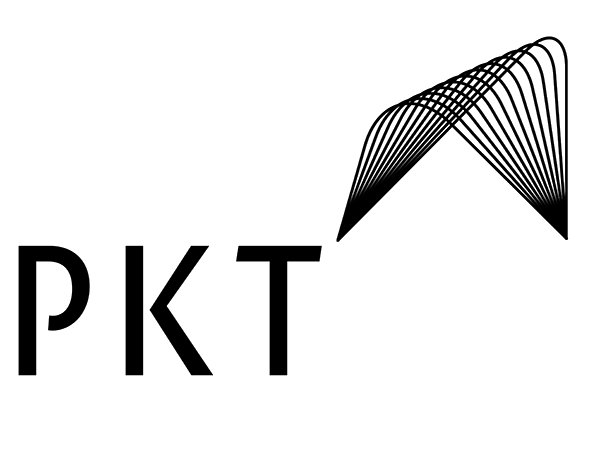
Board Leadership
Boards of directors can be a blessing or a curse to a company, depending on how well they are managed. The following guidelines will help you manage board relations effectively.
1. Establish clear lines of communication.
Make sure that all directors have access to the same information, and that the CEO and other executive staff are responsive to their inquiries. Directors should also be kept up to date on the company’s performance and strategic plans.
2. Foster a positive relationship among the directors.
Encourage directors to work together cooperatively and build trust. This will help them make better decisions for the company.
3. Reinforce the board’s role.
Make sure that directors understand their responsibilities and the importance of their role in the company. Be clear about the expectations you have for them, and hold them accountable to meeting those expectations.
4. Keep the board informed.
Share important updates with the board regularly, and solicit their input on major decisions. This will help the board stay engaged and provide valuable insights.
5. Resolve conflicts quickly.
If disagreements arise among the directors, address them head-on and work to resolve them as quickly as possible. This will help maintain a positive working environment.
Managing board relations can be a challenging but important task. By following these guidelines, you can help ensure that your board is effective and productive.
Managing Stakeholders
As a board member, it is important to be aware of the different types of stakeholders that you are responsible for. A stakeholder is anyone who has a vested interest in the organization, and there are four main types:
1. Shareholders – those who own part of the organization. They are interested in the financial performance and sustainability of the organization.
2. Customers – those who buy goods or services from the organization. They are interested in the quality and cost of the goods or services, and the level of customer service.
3. Employees – those who work for the organization. They are interested in working conditions, pay, and job security.
4. Community – those who are affected by the organization, either positively or negatively. They are interested in the impact of the organization on the community, and the community’s reaction to the organization.
Board members need to be aware of the expectations of these different stakeholders and work to manage their expectations. For example, shareholders may expect a high return on their investment, while customers may expect low prices. Employees may expect good working conditions and a safe workplace, and the community may expect the organization to be a good corporate citizen. Board members need to be able to balance the demands of these different stakeholders, while still ensuring the long-term sustainability of the organization.
Managing board relations
Managing board relations is one of the key aspects of being a board leadership. It is important to maintain positive relationships with the board in order to ensure that they are working cohesively and are able to make the most informed decisions possible. There are several things that can be done in order to manage board relations effectively.
One of the most important things is to ensure that the board is kept up to date on the organisation’s progress. This can be done through regular updates, which can be either written or oral. It is also important to ensure that the board is able to ask questions and provide feedback. Board members should also be consulted on important decisions that the organisation is making.
Another key aspect of managing board relations is to ensure that the board is meeting its fiduciary duties. This includes ensuring that the board is appropriately educated on the organisation’s financial situation, as well as being aware of any risks that the organisation may be taking.
Finally, it is important to build trust with the board. This can be done by being honest and open with the board, and by being responsive to their questions and concerns. Board members should also be held accountable for their actions.
Talk to us about planning your next Board and Executive Education Retreat
Lean Develop and Progress with PKT Company Retreat




